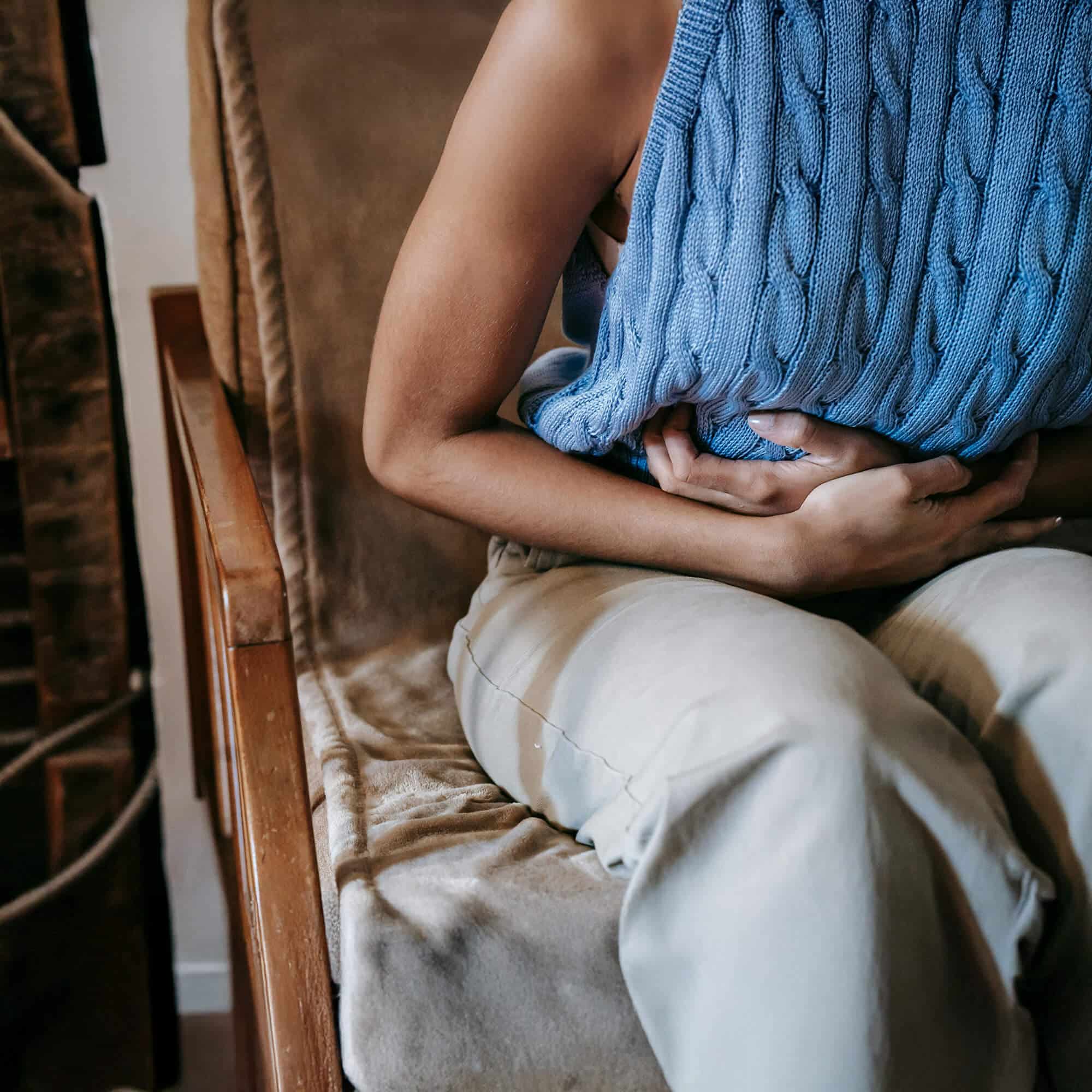Have you ever felt guilty for taking time for yourself, or wondered what constitutes unselfish self care? Striking a balance between work and rest has become increasingly difficult in our hectic lives. More than that, self care has caught a negative reputation for being selfish, leaving many of us feeling guilty for taking time for ourselves or, contrarily, feeling perpetually drained.
The truth is, self-care does not have to be this way. It is possible to take care of yourself without neglecting the needs of those around you. Self-care can and should be the opposite of selfishness. Ignoring your own well-being can be detrimental not only to you, but to those around you. In order to be the healthiest, happiest, and most available person for those you love, you must work to maintain your personal health.
What is Self Care?
While there are varying personal definitions of self care, at its core, self care is the practice of intentional activities that improve your spiritual, mental and physical health. In efforts to deal with daily life and care for those we love, we often spread ourselves too thin, neglecting or forgetting to care for ourselves, too. The key to unselfish self-care is maintaining boundaries to keep yourself spiritually, mentally, and physically healthy so that you can be your best self for you and others.
Where to Begin
There are simple ways to incorporate self care in your everyday life. Practical applications might include starting your morning with a 5 minute meditation and stretch, spending time in prayer, and focusing on your breathing. Make time for a hobby, such as crafting, reading, journaling, or other things instead of watching TV. Put away the electronics, and spend time in nature. Learn how to graciously say “no” to activities when you know you need to rest.
If implementing a self-care routine amongst your busy schedule seems daunting, following a S.M.A.R.T. guideline can provide some direction:
- S – Specific
- M – Measurable
- A – Attainable
- R – Relevant
- T – Time-bound
An example might be: “I am going to take a 20 minute (time-bound, measurable) walk (attainable) outside in the evening (specific) to de-stress from the day (relevant).”
Healthy Habits
It’s impossible to pour from an empty cup. Being present and available for the people in your life means caring for yourself, and forming healthy habits is part of that journey. Having a regular sleep schedule and eating nutritious meals is an excellent way to implement healthy habits that benefit the whole family. Being active and exercising on a regular basis can help reduce feelings of stress and anxiety, benefiting your mental and physical health. Incorporating healthy habits in your everyday life is an accessible way to take care of yourself and those around you!
We Care About Your Self-Care
At Faithfully Guided, our combination of services helps maximize your ability to achieve complete health, such as through mental health counseling, restorative services, and functional medicine. We are here to help you live an abundant life, and we believe that starts with your spiritual, mental, and physical well-being. Our team is passionate about coming alongside you to meet your health goals through a whole-person approach.
Self care is just one piece of the puzzle to living a healthy life. To learn more about starting your health journey, reach out to our team today.






